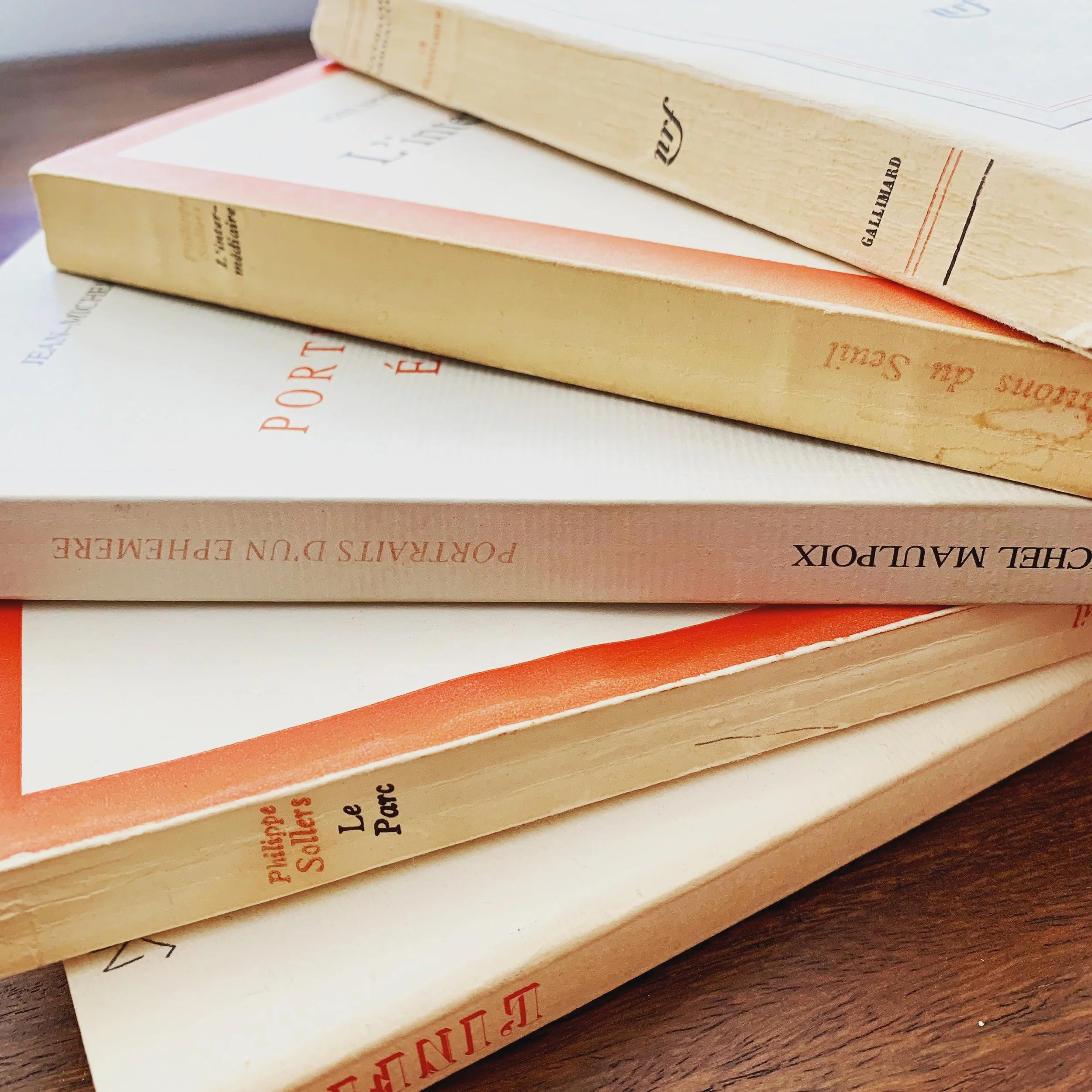What is Comparative Literature?
If, when you hear “comparative literature” you are not sure what it is, never fear, you are in good company. Comparative literature is one of the rarer academic disciplines, usually only found at universities (not colleges) and within that it can be found among the disciplinary offerings of major research universities in two categories: the Ivy Leagues and the R1s, evidently now called (RU/VH), which I’m going to use Dr. Karen Kelsky’s, of The Professor is In, definition because if you’re a lay person there is really no reason to know these categories besides general curiosity.
“RU/VH (research university/very high research activity) for research institutions that maintain a comprehensive slate of Ph.D. programs and very high expectations of research.” (76 The Professor is In: The Essential Guide to Turning Your Ph.D. into a Job)
While English is a common offering at most academic institutions, comparative literature generally appears at research institutions, though many literature programs have a comparatist or two, usually addressing the study of world literature and literary theory and criticism. This is for the obvious reason that the evolution of literary theory largely took place in comparative literature departments and as a multilingual discipline comparatists are well versed in two or three language traditions, and, therefore, prepared to teach literature in a world context.
So, what is comparative literature?
Comparative literature is a discipline within what is known as the humanities, which the Encyclopedia Britannica defines as
“Those branches of knowledge that concern themselves with human beings and their culture or with analytic and critical methods of inquiry derived from an appreciation of human values and the unique ability of the human spirit to express itself. As a group of educational disciplines, the humanities are distinguished in content and method from the physical and biological sciences and somewhat less decisively, from the social sciences. The humanities include the study of all languages and literatures, the arts, history, and philosophy.” (Humanities, Encyclopedia Britannica).
Within the humanities it is among those that study literature, across languages and cultures. Its object of study is imaginative literature, which was originally conceived as written stories but which has expanded to include film, oral storytelling, video games, and literature beyond the imaginative.
So much for the what, but in a discipline whose history is defined by debate about its object and methods, one of its more defining texts is René Wellek’s 1959 piece “The Crisis of Comparative Literature” is about the identity crisis of the field, it is perhaps more useful to discuss what is done by the discipline than what the discipline is. Comparative literature has generally been a site of innovation, delimiting the traditional confines of literary study. Often this means studying literature across multiple languages and cultures, but it has also meant across disciplines being the discipline where scholars created literary theory as a way to systematize the study of literature by bringing together texts from linguistics, philosophy, economics, and sociology to name just a few. Scholars today choose comparative literature for the lines of connection it allows us to draw across cultures, historical periods, and disciplines.
As a basic understanding comparative literature is a branch of literary studies. Like Arabic, German, or Spanish literatures (to give some examples of language traditions) scholars of comparative literature study literary objects whether that means novels, poetry, drama, film, and that means novels, poetry, drama, film, oral storytelling, video games, literary theory, research methods. however, unlike many of these fields, comparative literature has no set language tradition or national affiliation. Because the field began in Europe, as a way to trace the relationships between texts and authors across national and linguistic barriers, it is common for comparatists to have a basic competency in studying multiple traditions even if their research does not directly reflect this. Because of its European origins there is an overrepresentation of French and German, including in literary theory. Since comparison involves the study of multiple literary histories it is a field where scholars become particularly well trained in disciplinary histories and divisions. Comparatists often serve as meta-scholars who can provide a big picture history of the literary field. Because the field is the birthplace of literary theory scholars often flock to the field as a site of innovation and interdisciplinary research (meaning research that draws from disciplines outside of literary studies, often in the humanities and social sciences).
Reasons for studying comparative literature might include an interest in studying literature in multiple languages, in comparing across time where other fields may discourage crossing traditional periods (medieval, Early modern, modern), interest in subjects that are more experimental or theoretical (perhaps analyzing non-literary objects using literary methods, a strategy that led to the study of film).
This is a pretty cursory explanation of the field meant to provide an introductory understanding based on questions I have received as well as the general confusion I see when I talk to people about my Ph.D. I’m always happy to answer further questions or to talk disciplinary history. What is your experience with comparative literature? Had you heard of it before? Let me know in the comments.
*Now that you know what comparative literature is, go check out my comparative literature scholarship reading list.
Works Cited
Kelsky, Karen. The Professor is In: The Essential Guide to Turning your Ph.D. into a Job. New York: Three Rivers Press (2015).
“Humanities.” Encyclopedia Britannica. Eds. Melissa Albert. Date Accessed: 17 September 2019.
Wellek, René. “The Crisis of Comparative Literature.” The Princeton Sourcebook in Comparative Literature: From the European Enlightenment to the Global Present. Eds. David Damrosch, Natalie Melas, Mbongiseni Buthelezi. Princeton: Princeton University Press, 2009.
